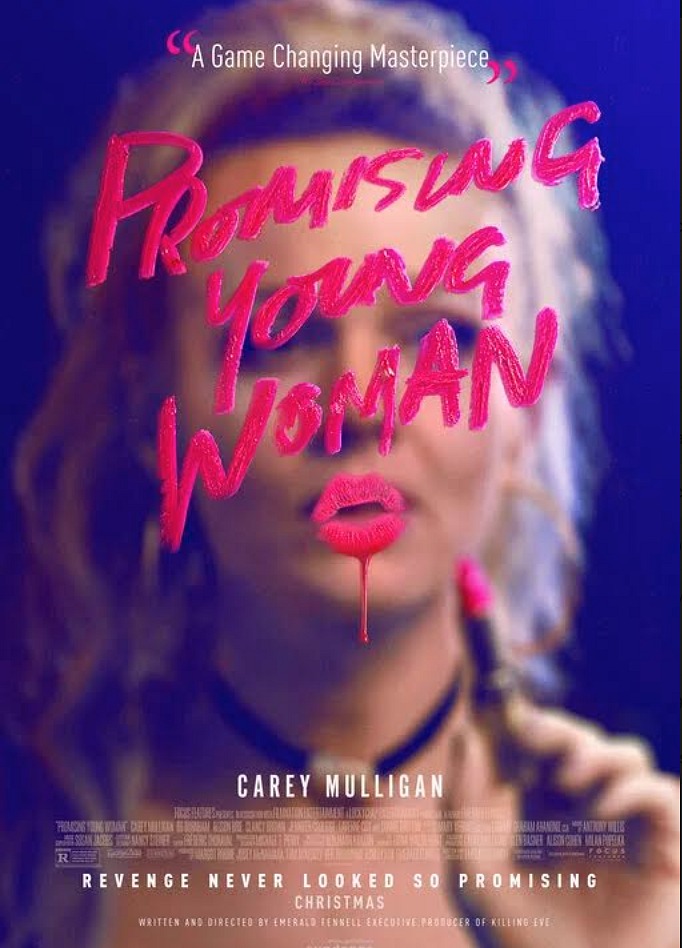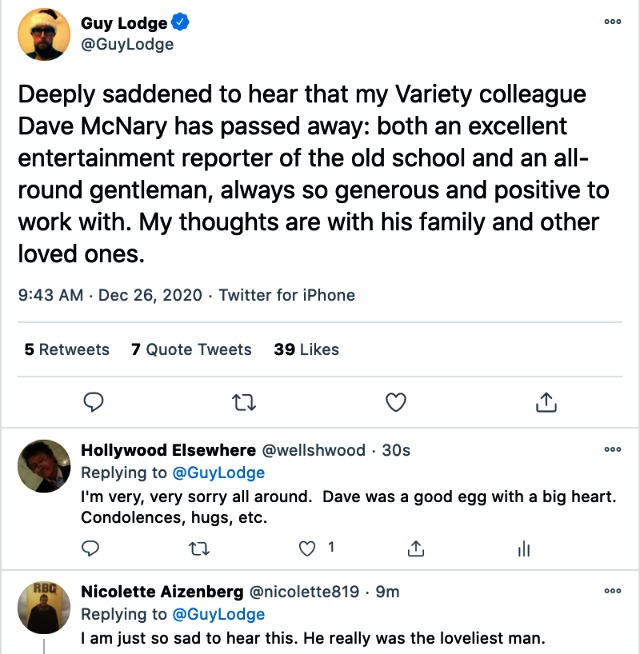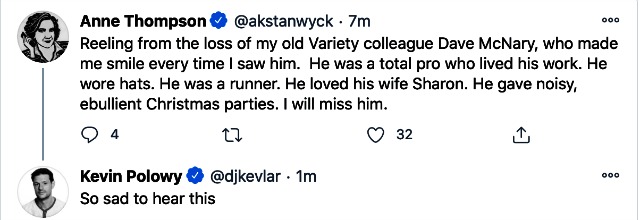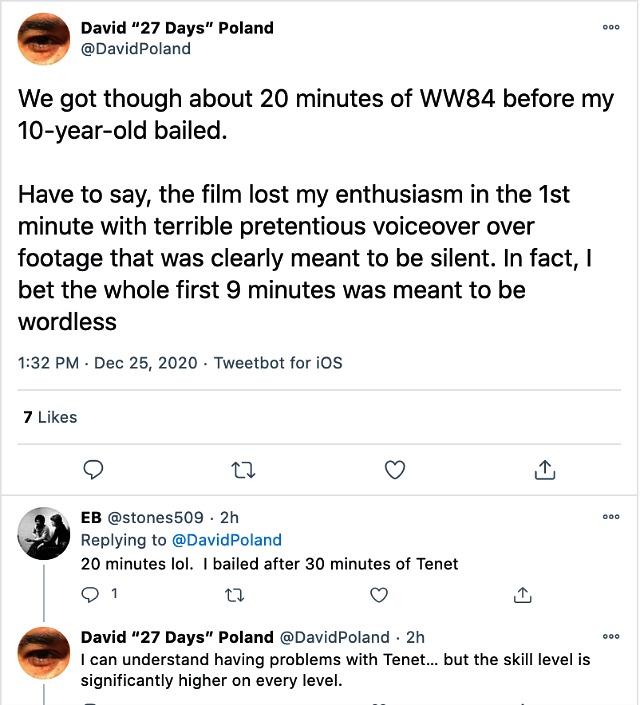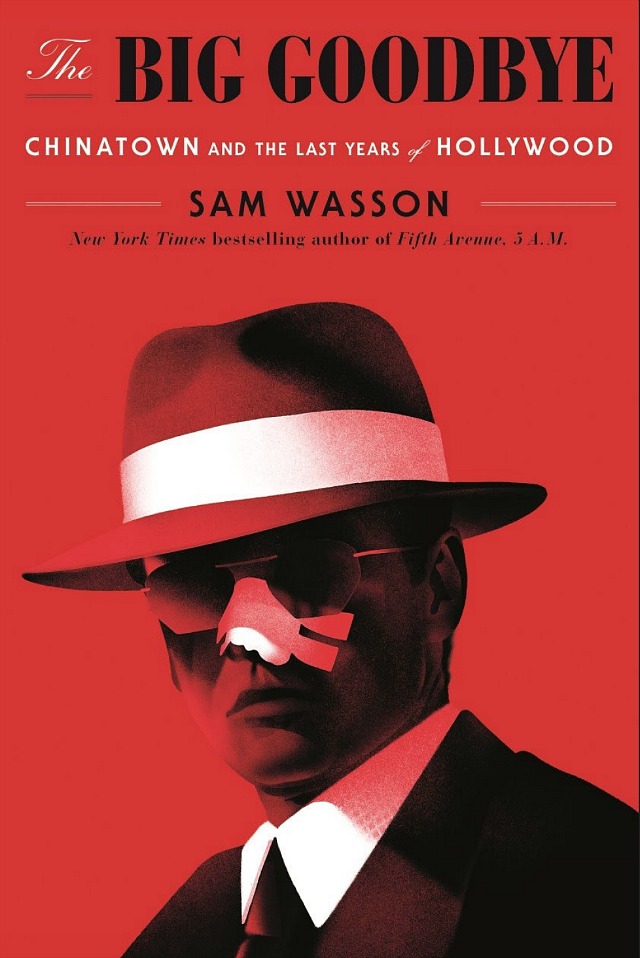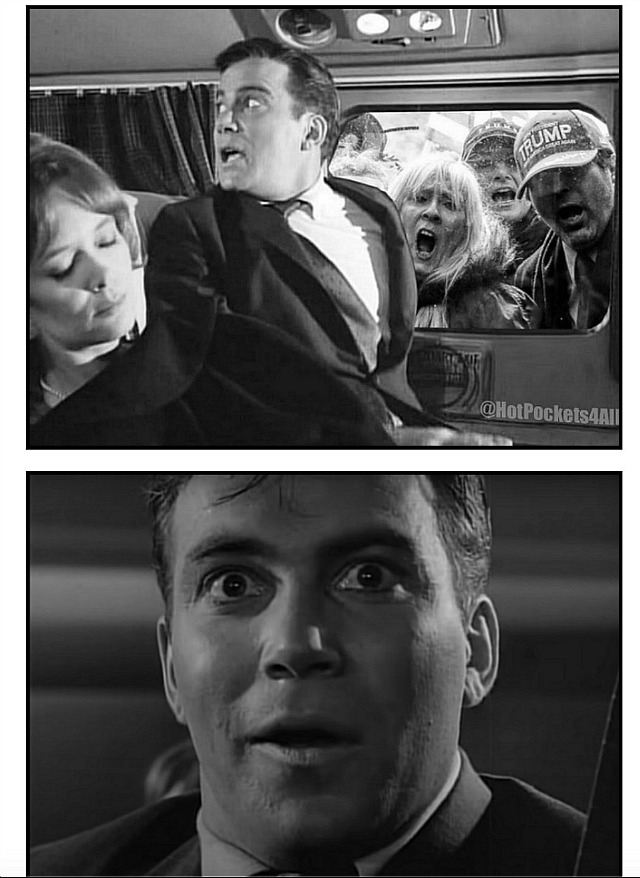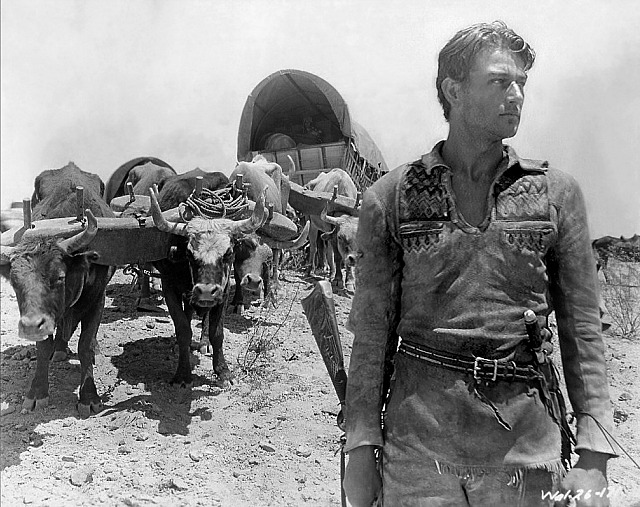This morning I read another pro-Showgirls article (“All About Eve With Strippers?”). An Air Mail q & a with casting director Johanna Ray, who began casting Showgirls 26 years ago. Dated 12.26 and written by Lili Anolik, it claims that Showgirls is beyond criticism now, that it’s iconic, maybe even a misunderstood masterpiece, etc.
For years I’ve been saying “no, the film really does suck eggs but it wasn’t Elizabeth Berkley‘s fault.” Way back in ’95 I wrote a semi-sympathetic piece in my L.A. Times Syndicate Hollywood column. I insisted that Berkley had delivered a respectably feisty performance, and that the catastrophic response to the film shouldn’t be draped around her shoulders.
Berkley got in touch soon after and thanked me for the words of support. A year later we met up at the Sundance Film Festival and exchanged a hug. In ’05 Berkley threw me a couple of ducats to an off-Broadway NYC revival of David Rabe‘s Hurlyburly, in which she costarred with Ethan Hawke. A few years later we ran into each other at Telluride — hey-hey.
Filed from the 2015 Key West Film Festival: “Last night I re-watched a good portion of Paul Verhoeven‘s Showgirls at the Key West Theatre & Community Stage. Adam Nayman’s revisionist book about this reviled cult film (which was selling at the KWTCS and at Key West Island Books) tries to resurrect the rep a la F.X. Feeney going to bat for Heaven’s Gate.
I haven’t even seen Jeffrey McHale‘s You Don’t Nomi, a Showgirls doc currently streaming on Amazon Prime….apologies.
Two noteworthy comments from HE readers: (1) “Has anyone ever mentioned about how much better Showgirls plays when you watch the DVD with the French audio track and subtitles? As a ‘French film’ mocking the Las Vegas lifestyle, it’s brilliant.” — Joe Corey; (2) “The only truly big sin of the film was that MGM spent $50 million on it. If Gaspar Noé remade it for $500K it would be hailed as ‘so out there it’s cool.'” — The Hey
For the sixth or seventh time, my old story about watching Showgirls at Robert Evans‘ place with Jack Nicholson, Bryan Singer, Chris McQuarrie, et. al.



